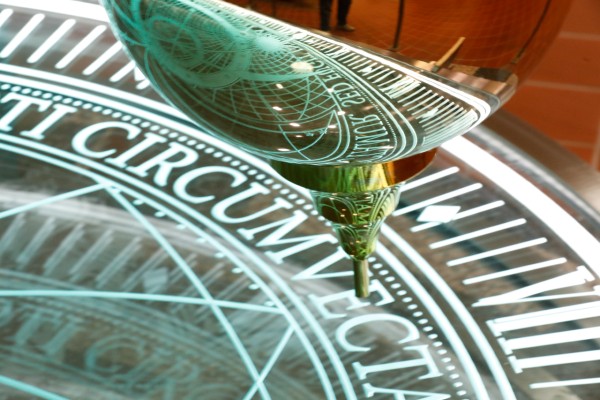B.S. Physics Major
Prepares students for graduate study or employment in physics and related fields, including applied and engineering physics, biophysics, medical physics, medical school, teacher licensure in physics, or careers in business or law. Students are encouraged to speak with a Department advisor early in order to select the most appropriate advanced coursework for their career goals.
